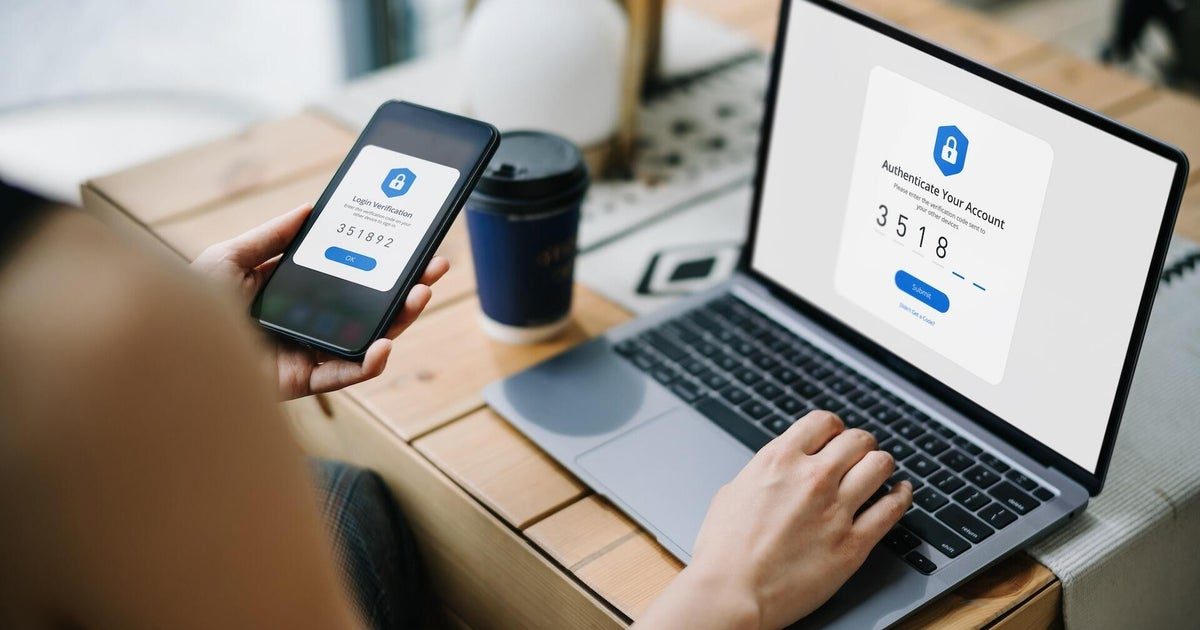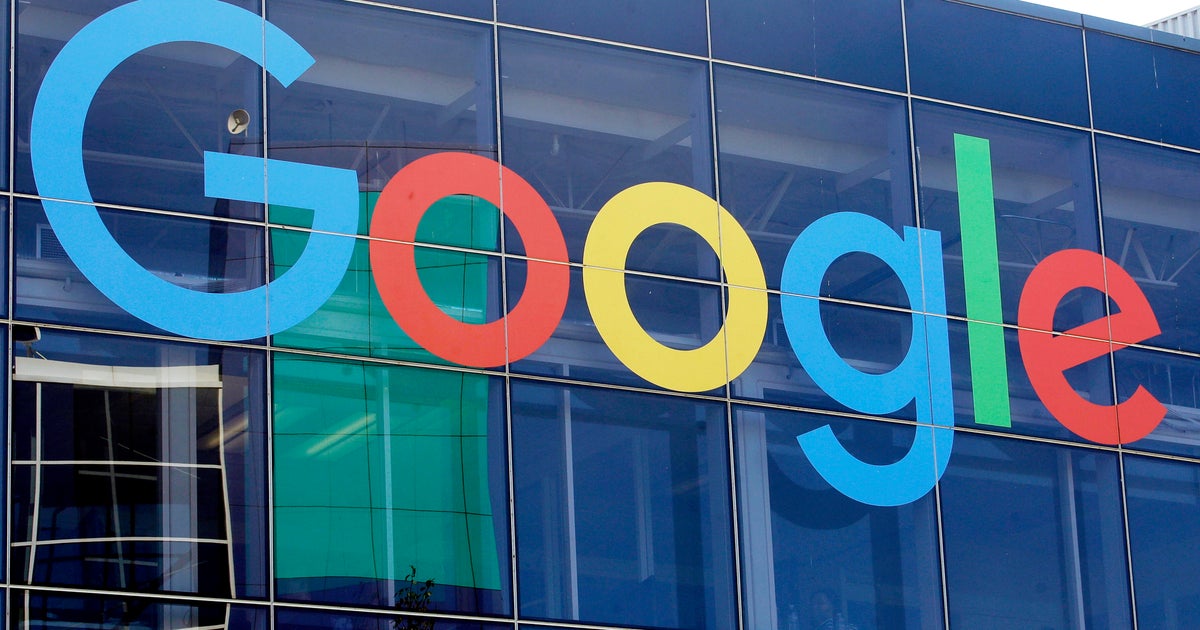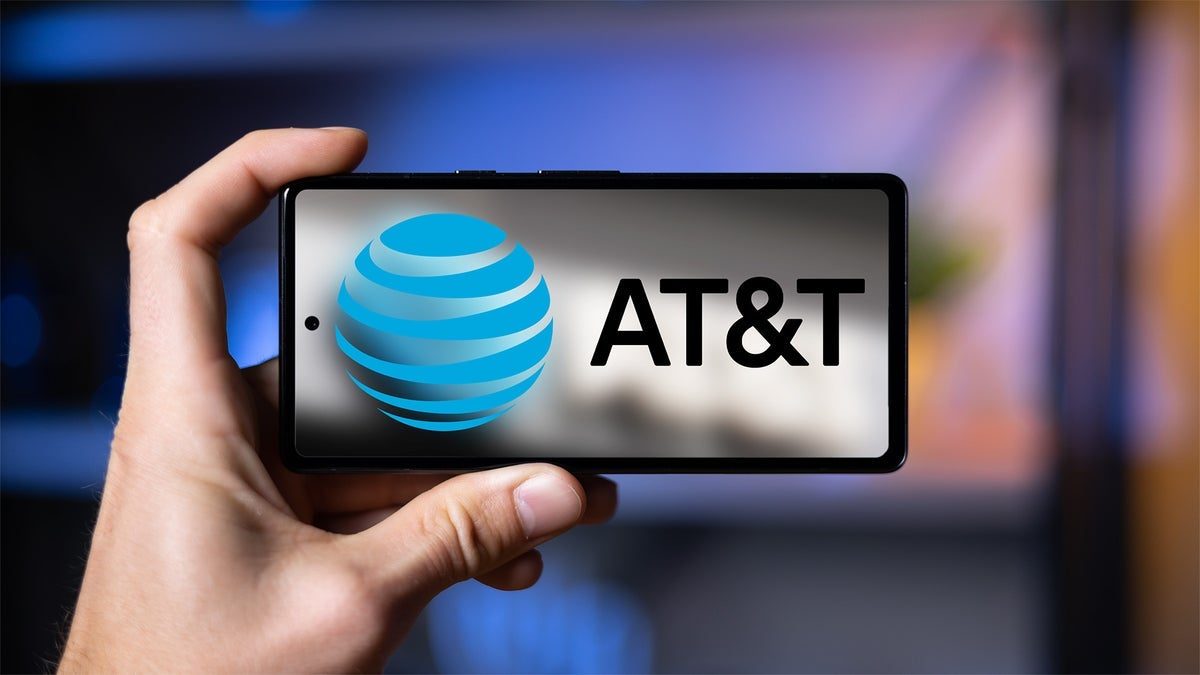Chris Krebs, former director of the Cybersecurity and Infrastructure Security Agency, joins “CBS Mornings” to discuss his new Masterclass and share ways people can protect themselves from online scams, identity theft and deepfakes.
#protect #scams #identity #theft
scams
Google lawsuit accuses China-based cybercriminals of massive text-message phishing scams
Google is filing a federal lawsuit against a network of foreign cybercriminals based in China that is accused of launching massive text-message phishing attacks, the tech giant told CBS News in an exclusive interview.
Google said the messages are part of a criminal network called “Lighthouse.” The texts look legitimate, often warning recipients of a “stuck package” or an “unpaid toll,” but they’re actually phishing or what’s called smishing — a type of phishing scam that uses text messages to try to trick recipients into revealing personal and sensitive information, such as passwords and credit card numbers, which are then stolen.
“These scammers ended up compromising anywhere from 15 [million] to 100 million potential credit cards within the U.S. and impacted, at our current estimates, over a million victims,” Google’s general counsel, Halimah DeLaine Prado, told CBS News.
DeLaine Prado said Google has filed what it calls a first-of-its-kind lawsuit under the RICO Act, which is typically used to take down organized crime rings.
The case targets unknown operators — listed as John Does 1 through 25 — who allegedly built a “phishing-as-a-service” platform to power mass text attacks.
DeLaine Prado said the lawsuit is not meant specifically to help victims recover any losses, but rather to serve as a “deterrent for future criminals to create similar enterprises.”
Google said it found more than 100 fake sites using its logo to trick people into handing over passwords or credit card numbers. According to its complaint, it estimates the group has stolen sensitive information linked to tens of millions of credit cards in the U.S. alone.
Kevin Gosschalk, the CEO of cybersecurity firm Arkose Labs, said that while recovering lost money is a challenge, lawsuits like Google’s could help disrupt scammers’ operations.
“It has an impact on the ecosystem,” Gosschalk told CBS News. He said that if there are three major players and you go after the big one and take it down, “then the other two start second-guessing, ‘Hey, should we be in this business, or should we get out of this business?'”
Google’s move appears aimed as much at setting a legal precedent as at seeking punishment — testing whether a 1970s racketeering law can be applied to a 21st-century digital crime.
Gosschalk said it will be very hard for Google to go after cybercriminals overseas since a lot of them also operate in countries like Cambodia, where there are limited extradition laws.
“But it does mean the individuals behind those things will not be able to travel to the U.S. in the future, so it does add extra risk,” Gosschalk said.
Users can avoid text scams by not clicking links or replying to unknown messages. On an iPhone, users can turn on “Filter Unknown Senders” and “Filter Junk.” On Android, enable Spam Protection and forward scam texts to 7726 (SPAM).
Note that those filters can also catch legitimate messages from numbers that are not in the phone’s contact list, so be sure to check the unknown senders or spam folder once in a while.
#Google #lawsuit #accuses #Chinabased #cybercriminals #massive #textmessage #phishing #scams
Apple blasts EU over digital competition laws, warning they make “fraud and scams” more likely
Apple called out European officials in a heated letter shared with CBS News, arguing European Union regulations that forced the tech giant to allow smaller rivals into its App Store have made its platform less safe for consumers.
Because of the changes, “risks to users on our devices will inevitably increase,” Apple Vice President Kyle Andeer says in a letter Thursday to the European Commission, the EU’s executive body.
Apple accuses the EU of having an “enforcement agenda” that seeks to “undermine the security and privacy of iOS and iPadOS.”
It’s the latest complaint from an American company about alleged overreach from the EU’s powerful digital laws.
The tensions have factored into U.S. trade negotiations. In August, President Trump threatened higher tariffs on countries with tech rules he believes are discriminatory to U.S. companies. In an April op-ed, Mr. Trump’s trade adviser Peter Navarro accused the EU of engaging in “lawfare” to “target America’s largest tech firms.”
In recent years, the EU passed two major laws governing online platforms. The Digital Services Act requires platforms to follow certain rules on illegal or harmful content and advertising to minors, and the Digital Markets Act is designed to promote online competition. Tech companies can face hefty fines for violating either law.
Apple was fined 500 million euros in April for violating the EU’s Digital Markets Act by allegedly restricting app developers from steering users toward alternatives to the App Store. Apple appealed the fine.
Since then, the company has become more outspoken in claiming the EU rules have opened the door to financial scams, pornography, privacy issues, and other problems.
In its new letter, Apple says the European Commission sent an inquiry in October that questioned whether the tech company had put in place measures to ensure a high level of safety for minors, under the Digital Services Act.
Apple fired back that the EU’s other major law — the Digital Markets Act — required it to allow developers to link out of their apps to websites and other apps “with no meaningful guardrails.”
“This exposes users to fraud and scams on those third-party platforms that we cannot control or even monitor—even for apps distributed through the App Store,” the letter says.
It continues: “Apple has repeatedly warned the Commission that its approach to enforcement of the DMA is reckless and even dangerous, and urged the Commission to address the new risks their approach to the DMA has created for consumers,” referring to the acronym for the Digital Markets Act.
The European Commission could not immediately be reached for comment.
American tech giants like Apple, Meta and Google have faced scrutiny on both sides of the Atlantic, with regulators accusing them of stifling competition.
Beyond the fines in Europe, U.S. officials sued Apple last year, alleging the company has violated federal antitrust laws by imposing “shapeshifting rules and restrictions in its App Store guidelines.” And Apple has been embroiled in a long-running dispute with Epic Games, the maker of popular video game Fortnite, over App Store fees and policies.
Apple has long argued that its App Store restrictions are necessary to protect users from privacy, viruses and scams, and the EU’s new rules could expose users to security issues.
#Apple #blasts #digital #competition #laws #warning #fraud #scams
AT&T Authorized Retailer allegedly scams a customer who just had a triple-bypass
After heart surgery, an AT&T customer is stunned when he receives a $900 bill
This type of situation has become so common, and many will say that it is more common with third-party owned and operated stores. Anyway, the customer returned to the AT&T Authorized Retailer’s store, and was told by the same saleswoman who helped him the first time that he, the customer, had walked out of the store with the Apple iPhone without paying for it. Have you ever tried to exit a corporate or a third-party store with a phone you didn’t pay for? It is quite a difficult feat to pull off.
The customer argued that he only ordered the Android phone, not an additional iPhone, nor a new line. After some more complaining, the iPhone that the AT&T Authorized Retailer accused the customer of walking through the front door with was discovered right inside the store! The saleswoman told the customer that they were going to ship the iPhone back to AT&T and everything will then be copacetic. Of course, she didn’t mention the line the customer didn’t pay for.
The female rep handed over to the customer/victim a tracking number but not a receipt. He called AT&T numerous times to see if it received the iPhone from the store, and the answer was always “no.” When the customer looked up the tracking number, it showed that the package containing the iPhone was in Fort Worth, Texas and was there for over three weeks and was not received by AT&T.
How to reduce the odds of getting ripped off
It certainly feels as though the rep was trying to pull off a scam, so here is some advice. While company-owned and operated stores are not above pulling off some shady stuff, you might save yourself a headache by sticking to Corporate-run stores. Also, whenever you get a tracking number for a device or accessory that a store is shipping on your behalf, make sure to get a receipt.
The problem is that scams like these are not addressed by the carriers, and in many cases, the carriers cause these issues in the first place by demanding that their reps reach certain performance goals each month.
We’ve reached out to AT&T for a comment. If we get a response, we will update this story. We will also update this article if we hear anything new about it.


“Iconic Phones” is coming this Fall!
Good news everyone! Over the past year we’ve been working on an exciting passion project of ours and we’re thrilled to announce it will be ready to release in just a few short months.
LEARN MORE AND SIGN UP FOR EARLY BIRD DISCOUNTS HERE
Grab the Galaxy S25 + 2 Yrs Unlimited – only $30/mo from Mint Mobile
We may earn a commission if you make a purchase
Check Out The Offer
Read the latest from Alan Friedman
#ATT #Authorized #Retailer #allegedly #scams #customer #triplebypass
Steve Wozniak, who helped introduce new technologies by inventing the earliest Apple computers, is sounding the alarm about one of the great threats of this new Information Age: internet fraud. He talks with correspondent John Blackstone about fighting for the victims of online scams involving AI, cryptocurrency and faked messages, and about his yearslong lawsuit against YouTube seeking what he considers better protections for consumers – a fight made harder by the government’s legal protections for online publishers.
#Steve #Wozniak #fighting #internet #scams





